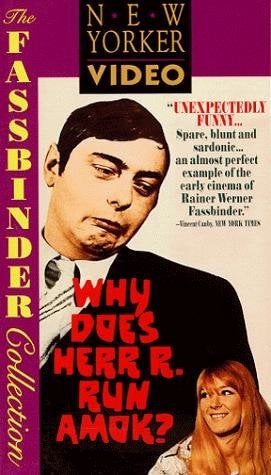Warsaw Dispatch: On Daffodils
To commemorate the 71st anniversary of the Jewish Ghetto Uprising on April 19th, the daffodil was invoked to transform the yellow badge Jews were required to wear during the Nazi occupation into a symbol to “ express your respect and memory of the heroes from the Warsaw Ghetto.”
Warsaw Dispatch: On Daffodils Read More »
To commemorate the 71st anniversary of the Jewish Ghetto Uprising on April 19th, the daffodil was invoked to transform the yellow badge Jews were required to wear during the Nazi occupation into a symbol to “ express your respect and memory of the heroes from the Warsaw Ghetto.”








